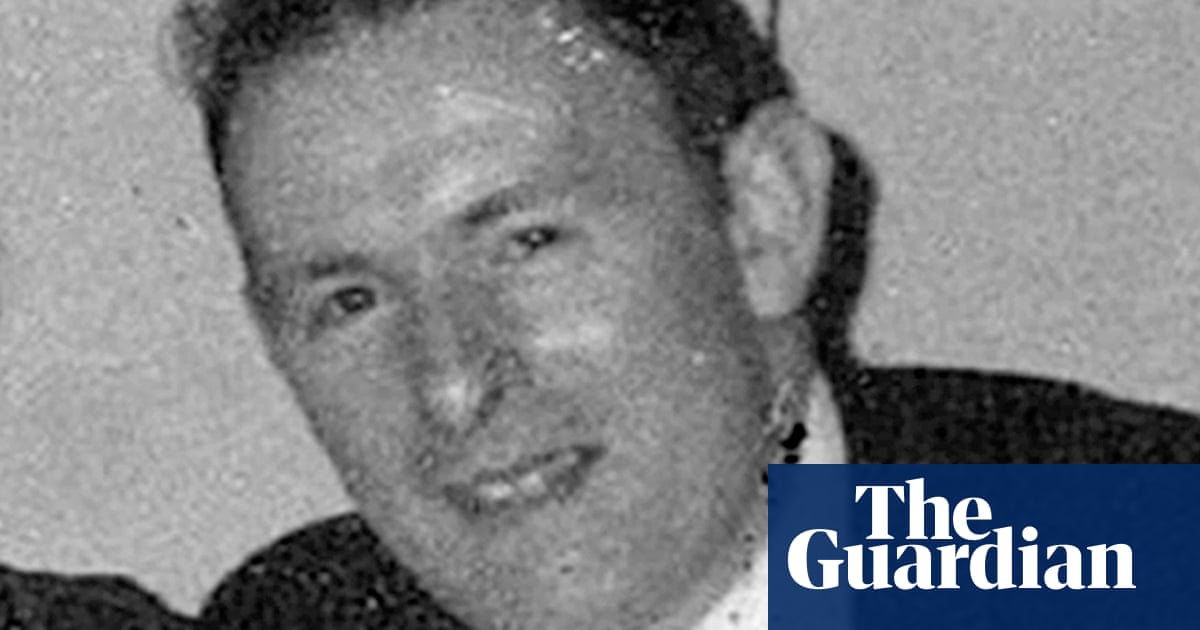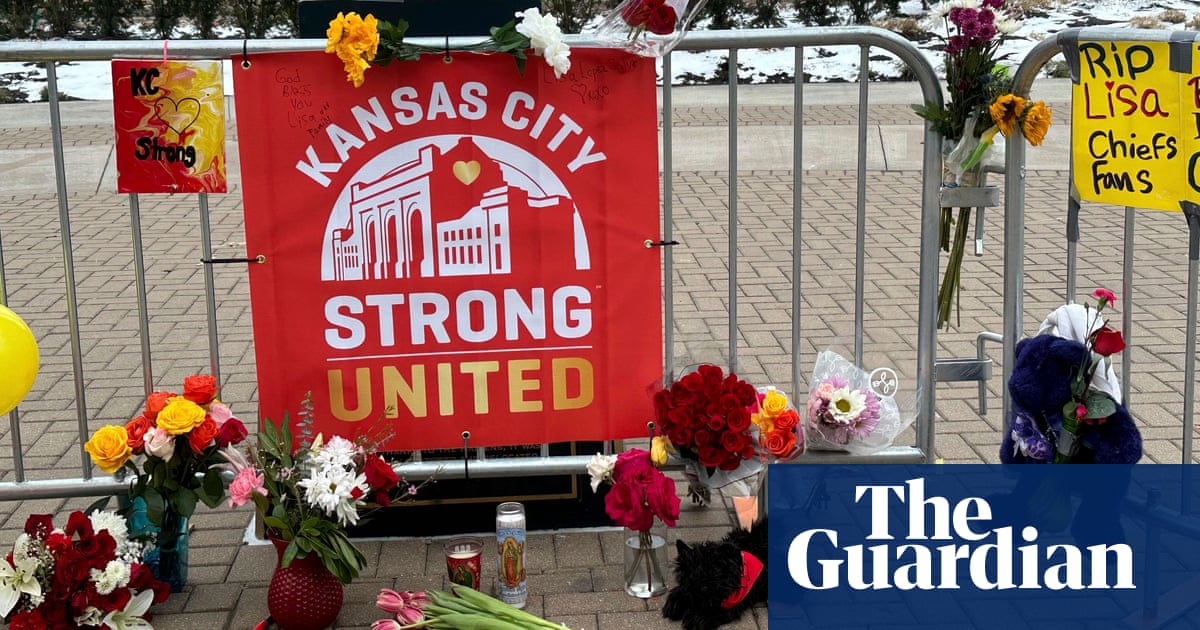
A British army veteran is to be charged with murdering a man and attempting to murder six others during Northern Ireland’s Troubles.
Soldier F will be prosecuted for the murder of Patrick McVeigh, 44, who was shot in south Belfast on 13 May 1972, Northern Ireland’s Public Prosecution Service said on Thursday.
He will also face prosecution for the attempted murder of four other people wounded in the same incident and the attempted murder of two people in a separate incident on 12 May 1972. Three other former soldiers known as Soldiers B, C and D also face prosecution for attempted murder related to that incident.
The soldiers belonged to an undercover army unit known as the Military Reaction Force (MRF) that operated in Northern Ireland at the height of the Troubles. Some of the anonymised letter ciphers have been given to other soldiers in unrelated cases.
The timing of the decision means the case will continue despite a controversial legacy law that will halt future Troubles-related prosecutions from 1 May.
McVeigh was shot at the junction of Finaghy Road North and Riverdale Park South. The previous day’s shooting occurred at Slievegallion Drive, half a mile away.
His daughter, Pat McVeigh, told the BBC her father’s killing “totally devastated” the family. “We were just left in limbo and the fact that we have tried and tried for over 50 years to see justice done, for his name to be cleared. This case should have been taken to court in the 1970s.”
Prosecutors decided there was insufficient evidence to press charges against members of a separate MRF unit over the killing of Daniel Rooney, 18, and the wounding of another man, on 26 September 1972.
“This is a painful day for all victims and families involved and that they have waited a long time to reach this stage of the process,” said the PPS assistant director, Martin Hardy.
“Where a decision to prosecute has been taken, I would emphasise that criminal proceedings will commence in due course and there should be no reporting, commentary or sharing of information which could in any way prejudice these proceedings. We will keep in touch with the relevant victims and families as these cases progress.”
Victims and families who were notified of a decision not to prosecute were given a detailed written explanation of the reasons, along with an offer to meet the prosecution team, said Hardy.
The Police Service of Northern Ireland referred the cases to prosecutors in 2013 after disclosures in a Panorama documentary.
Det Ch Supt Claire McGuigan, head of the PSNI’s Legacy Investigation Branch, said it was a difficult and emotional time for all of the families involved. “We are reflective of the long journey this has been for the families.”












